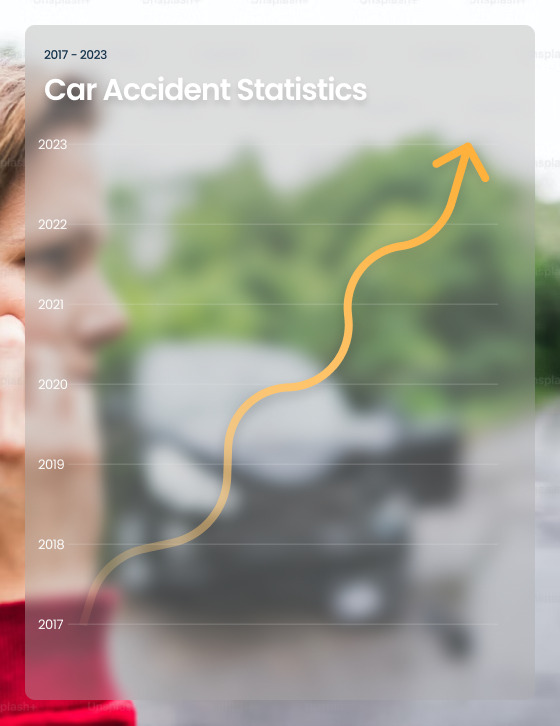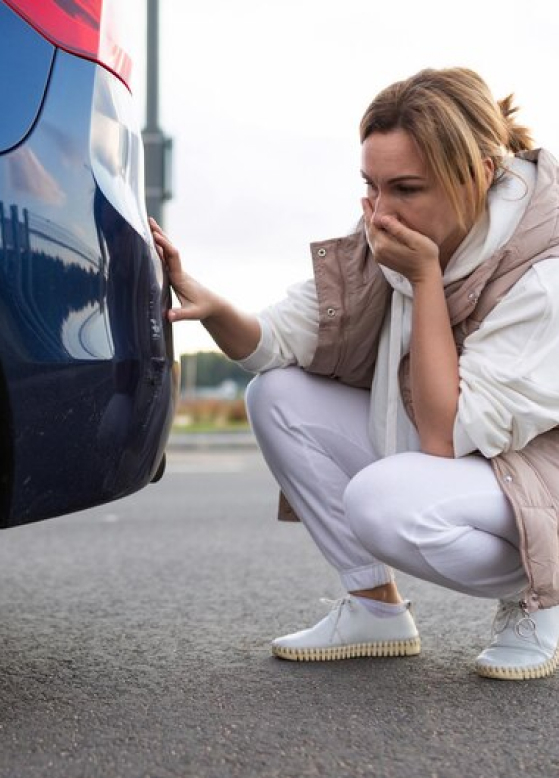Car Accident Lawyer
Many people find out the hard way that small mistakes can have a big impact on your chances of getting a fair insurance claim. And they only realize they made mistakes when they finally speak with a lawyer. Don't let that be you. Protect yourself and your chances at fair compensation with these tips from attorney Arlene Auger.
If you or a loved one has been involved in a car accident, you know how devastating the aftermath can be. Your car may be severely damaged and, more importantly, you may suffer catastrophic injuries. Even a wreck as minor as a fender bender can cause serious injuries, such as broken bones and whiplash.
After the collision, you may feel like you have no one to turn to and very few options to recover the money you have lost. The insurance company may send you a settlement offer, but chances are it will be a lot less money than you deserve - in fact, it may not even cover all of your bills. On top of that, you may be hesitant to call a lawyer to represent you. After all, if you can't afford to even repair your car, how will you have money to pay a lawyer?
At Auger & Auger Accident and Injury Lawyers, our experienced car accident attorneys charge absolutely nothing upfront. We only get paid if we win your case, and you never have to pay out of pocket. Our payment comes from the settlement or verdict we are able to win for you. As such, our sole focus is to get you the most compensation possible. That's been our policy for over 26 years, and we don't plan to stop anytime soon.
If you have been injured in a wreck, give us a call today at (800) 559-5741 or contact us online online for a free, no obligation consultation with an experienced car accident attorney.











